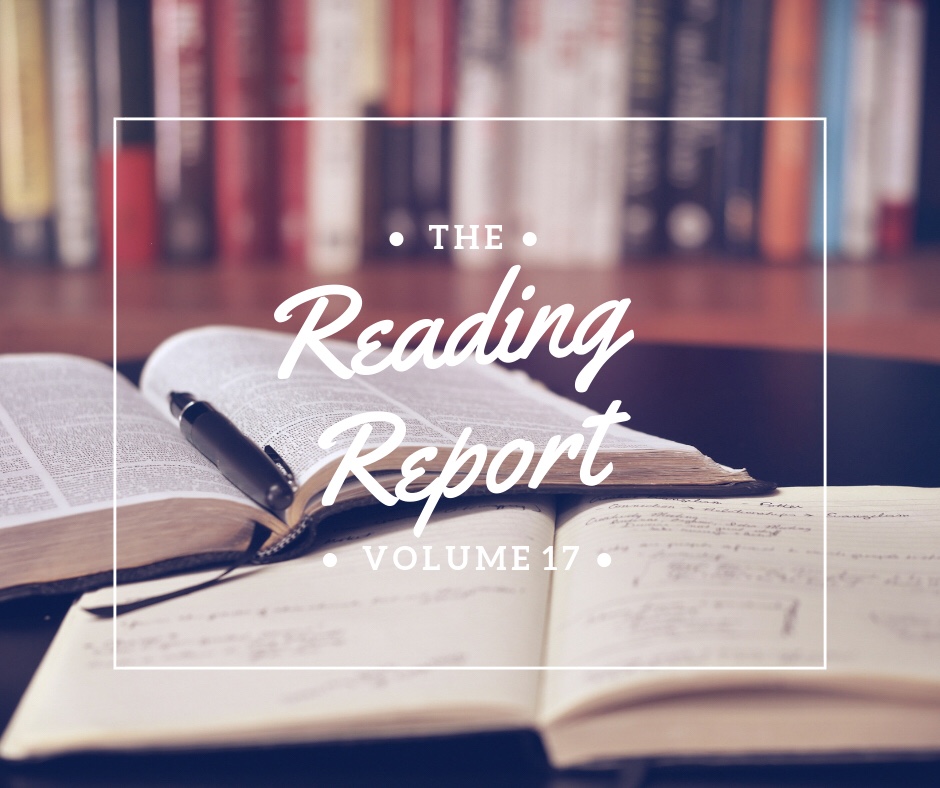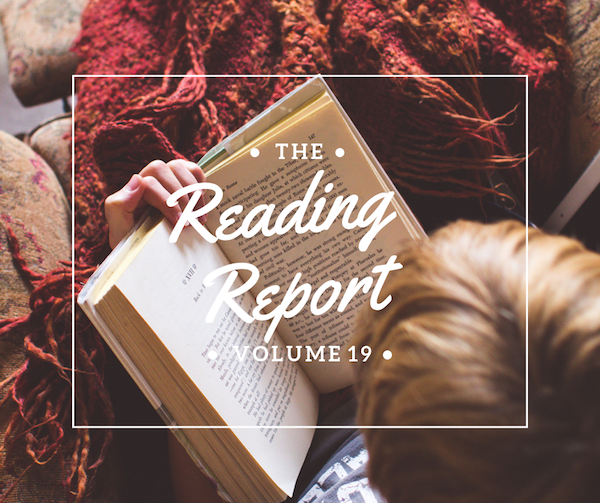

I know a lot of people are glad that February is the shortest month in the year. And I am probably usually one of them. But this year, somehow, February flew by without giving me time to do all the things I wanted to do! It seems like this school year has been extra busy. Or maybe I just have been lacking in my time management skills? Maybe it is a little of both. Either way, I know there is one thing I did a lot of in February: reading. Actually, now that I think of it, maybe that is a bigger part of my problem in the time management department than I would like to admit? Well, let’s not worry about that right now. Let’s just talk about the books I read, because that is way more fun than thinking about all the other things I possibly could/should have been doing instead! Ha!
What I finished reading…
I actually completed so many books last month that I had to consult my Goodreads list because I could not possibly remember them all! So, in no particular order at all, here are the books I read in February, along with star ratings (because you do not want to spend the time to read what I thought of them all, I know!)
Three Men In a Boat by Jerome K. Jerome * * * *
The Good Earth by Pearl S. Buck * * * * *
Paddington Abroad by Michael Bond * * * *
10 Books that Screwed Up the World by Benjamin Wiker * * * *
Better Together by Pam Barnhill * * * *
Once on a Time by A. A. Milne * * * * *
O Pioneers! by Willa Cather * * * * *
Julius Caesar by William Shakespeare * * * * *
My top two favorite books so far this year have been The Good Earth and O Pioneers!, which is interesting since they both have themes that tie into the land, prosperity and family. Both books gave me so much to think about, which is what great fiction does so well!
What I’m reading now…
I am trying to dial back my personal reading a wee bit so that I can focus on pre-reading a little more. (I’m still behind where I would like to be with that!) But I am also trying to keep one for fun novel going, along with a non-fiction book and a devotional book. For my devotional book, I am still slowing reading The Spiritual Life by Andrew Murray. It is SO good! I have really found some life-changing insights in this very scripturally sound little book. Reading a couple of pages a day is just perfect for pacing, too.
For my current non-fiction, I’m actually trying to read Gladys Hunt’s Honey for a Child’s Heart, instead of just mining the bibliography in the back for books to put on hold at the library. It’s not new information, but it is inspiring to read, nonetheless! I finished The Spy Who Came in from the Cold on March 1, so my new novel is some old kid-lit. We borrowed a picture book retelling of Hitty: Her First Hundred Years by Rachel Field from the library a while back, and it made me very curious about the original. So I am reading and enjoying that one now.
New on my TBR list…
When I am finished with The Spiritual Life, I am seriously considering reading a brand new book by Rachel Jankovic called You Who: Why You Matter and How to Deal with It. I have heard a lot of excellent feedback about this book from people I trust, as well as read a few sample pages which lead me to believe this is an important book addressing our current Christian culture. I will let you know what I think when I get it and start reading!
Until next time…happy reading, friends!
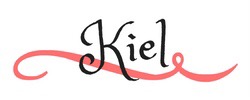
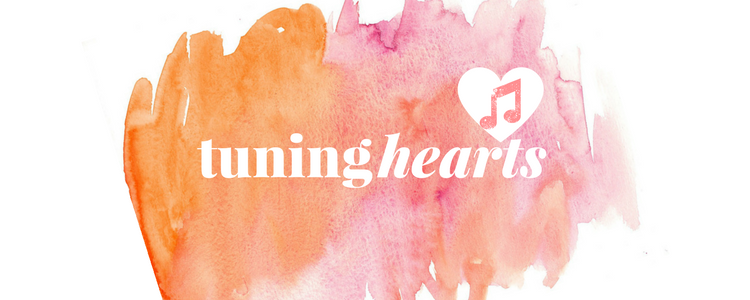

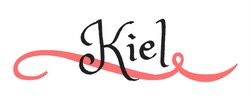
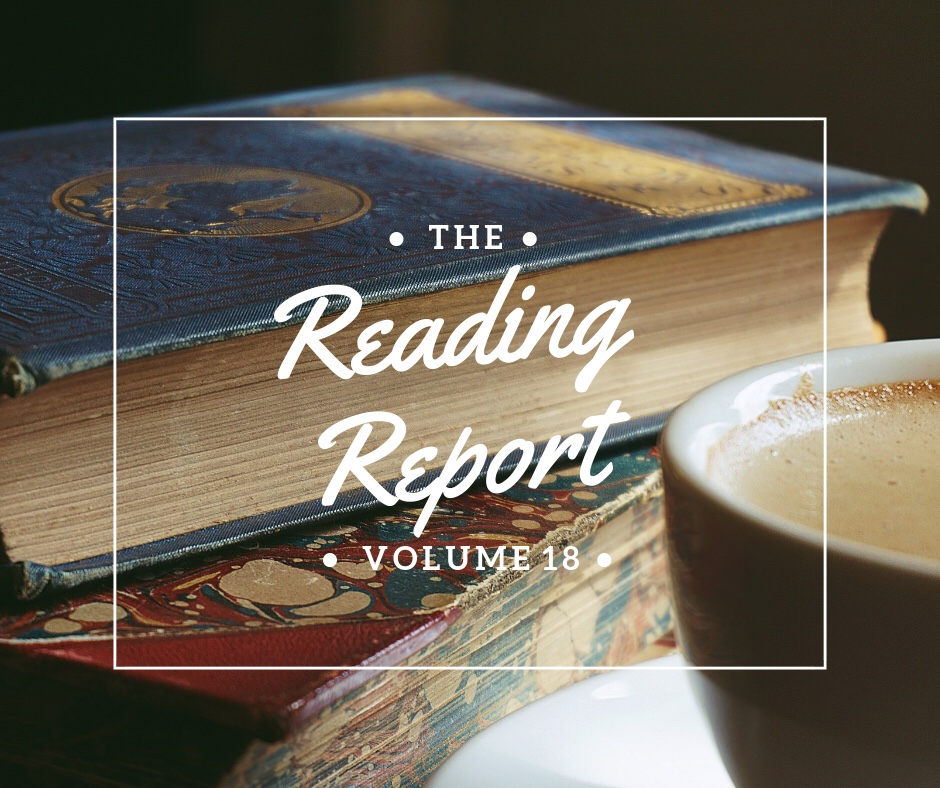
 With January quickly coming to a close, it is definitely time for another installment of The Reading Report. I have so many bookish thoughts swirling around right now that I think I am going to need multiple posts for all of them. I want to tell you about what I am reading currently, as well as how I am trying to better organize my reading life, but those topics will need to be covered another time. For today, I am going to briefly review my reading goals from last year and tell you what my new goals are for 2019.
With January quickly coming to a close, it is definitely time for another installment of The Reading Report. I have so many bookish thoughts swirling around right now that I think I am going to need multiple posts for all of them. I want to tell you about what I am reading currently, as well as how I am trying to better organize my reading life, but those topics will need to be covered another time. For today, I am going to briefly review my reading goals from last year and tell you what my new goals are for 2019.